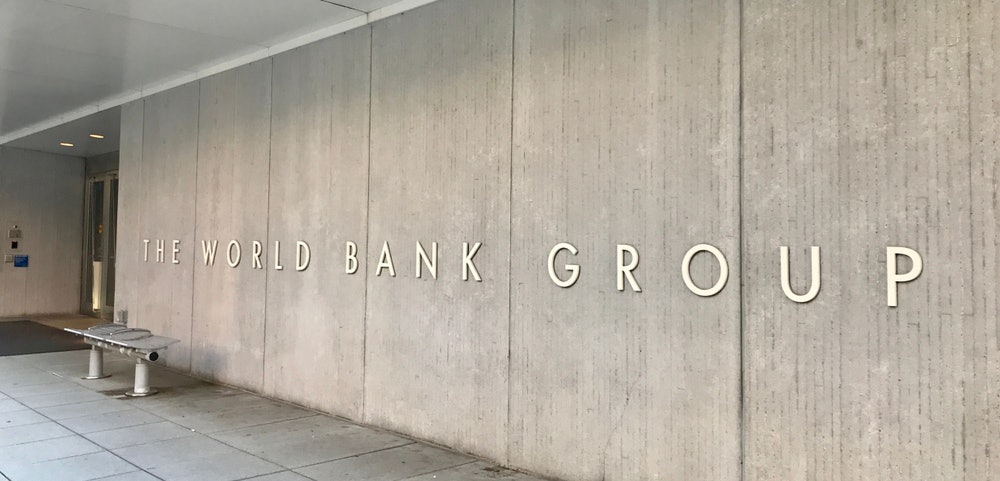In late 2021, the World Bank announced its decision to discontinue the annual "Doing Business" report. This report, a widely-cited evaluation, was used as a key pillar to calculating the scores and grades of the Bush Institute's Global Competitiveness Scorecard.
In late 2021, the World Bank announced its decision to discontinue the annual Doing Business report. Reports of data irregularities prompted a series of reviews and audits of the Doing Business report and its methodology. The investigations uncovered serious ethical violations, including “direct and indirect pressure” from senior staff to change the report’s methodology to boost China’s score.
The report is a widely-cited evaluation of countries’ business and investment climates, and a key pillar to calculating the scores and grades in the Bush Institute – SMU Economic Growth Initiative’s Global Competitiveness Scorecard.
The alleged data changes occurred against the backdrop of negotiations for China to increase its funding of the bank. The audits also uncovered data anomalies affecting Saudi Arabia, Azerbaijan, and the United Arab Emirates.
The bank has since corrected the data in its previously published reports. We have updated our Scorecard data to reflect the World Bank’s adjustments, which were small enough that they do not significantly affect our findings, especially when balanced with the other source indices used by the Scorecard.
The World Bank hopes to replace the Doing Business report in two years. The new report will have a mandate for more transparency, greater reliance on company-generated survey data, and less focus on ranking countries. Experts have also recommended that the bank eliminate conflicts of interest, such as the practice of selling consulting services to governments aimed at improving their scores.
Despite its purported faults, the report served as a much-needed impetus for countries to improve the transparency and efficiency of their governments. Furthermore, it provided a means for well-intentioned leaders to track progress and develop goals. For these reasons, we support and encourage the World Bank’s effort to develop a new index.
In the meantime, we will continue to evaluate the economic competitiveness of countries and trade groups using the best available data.





























